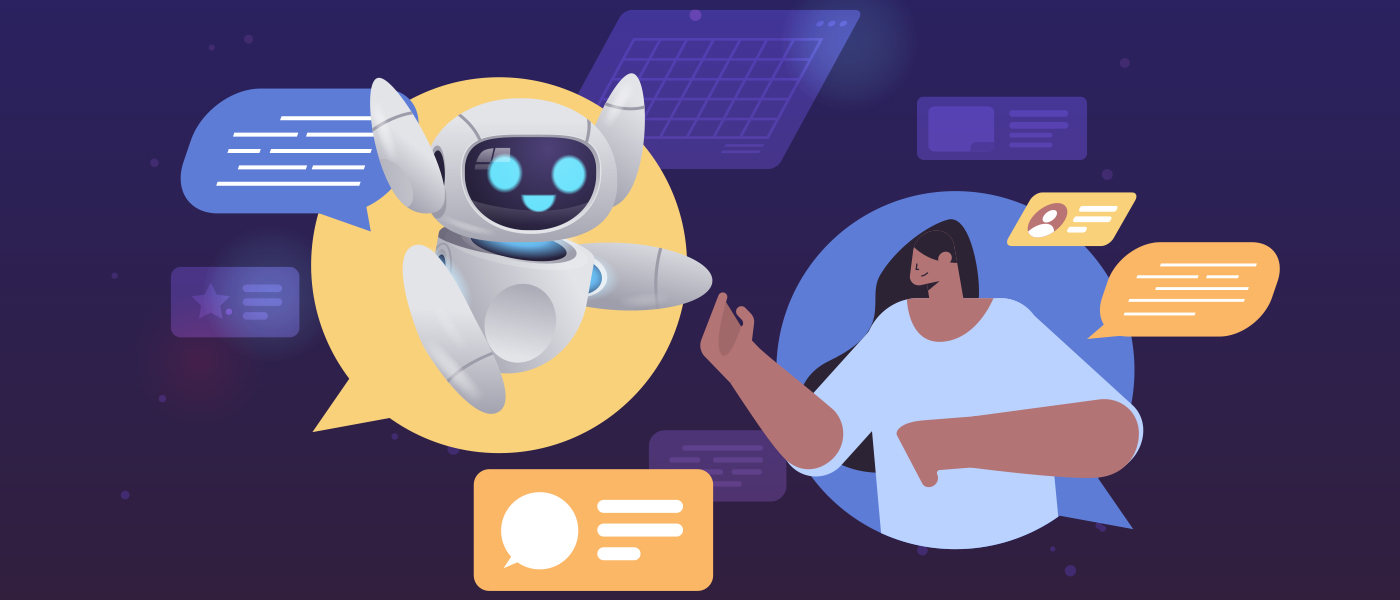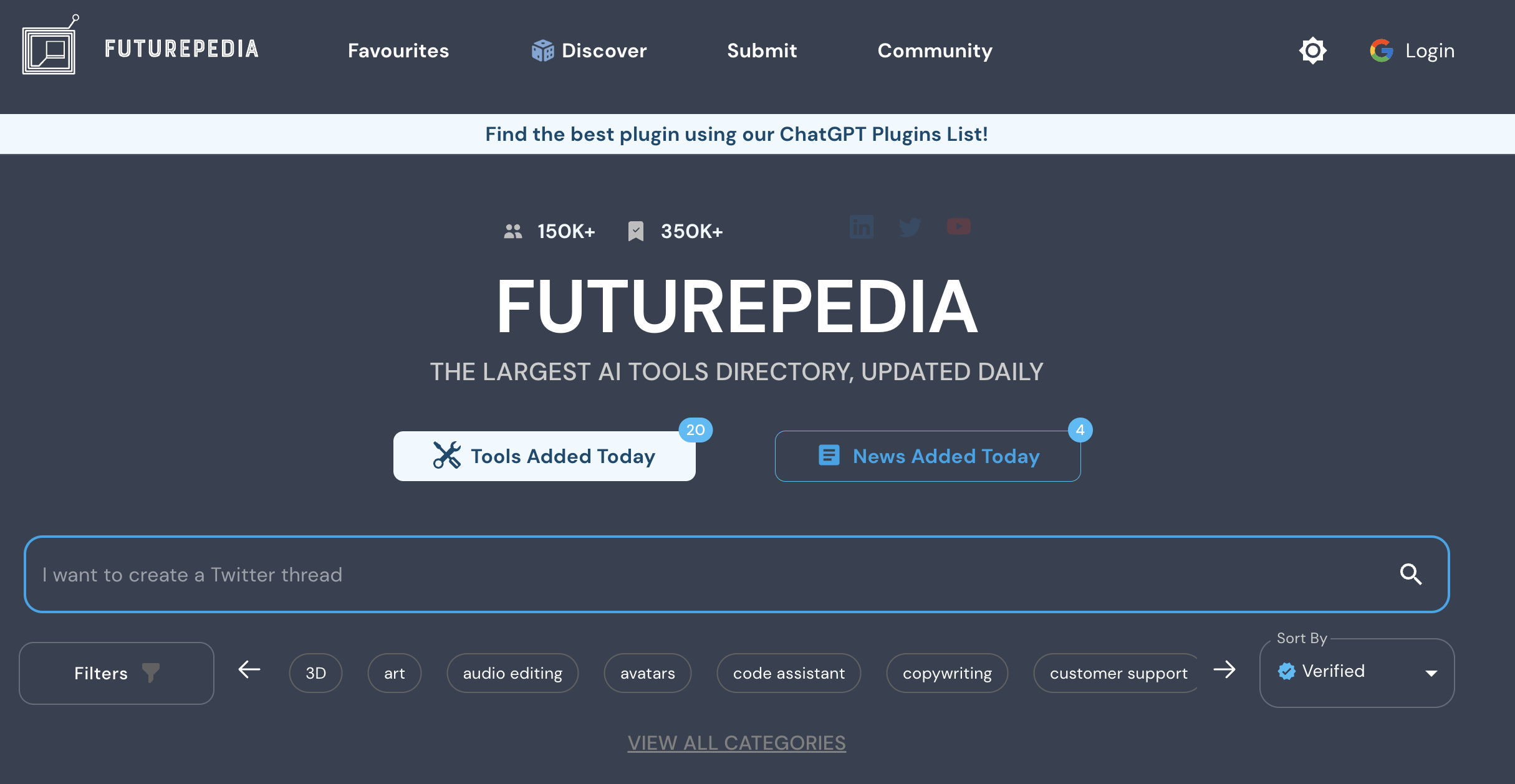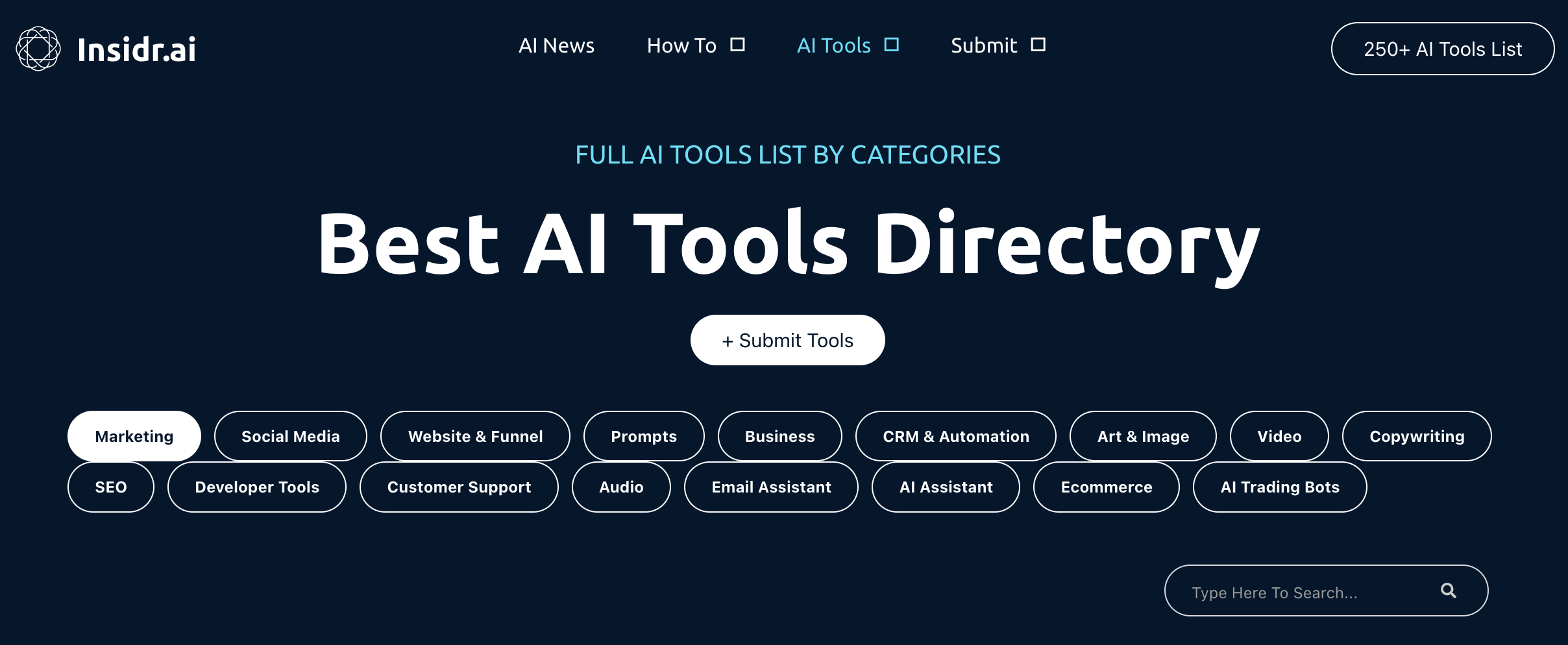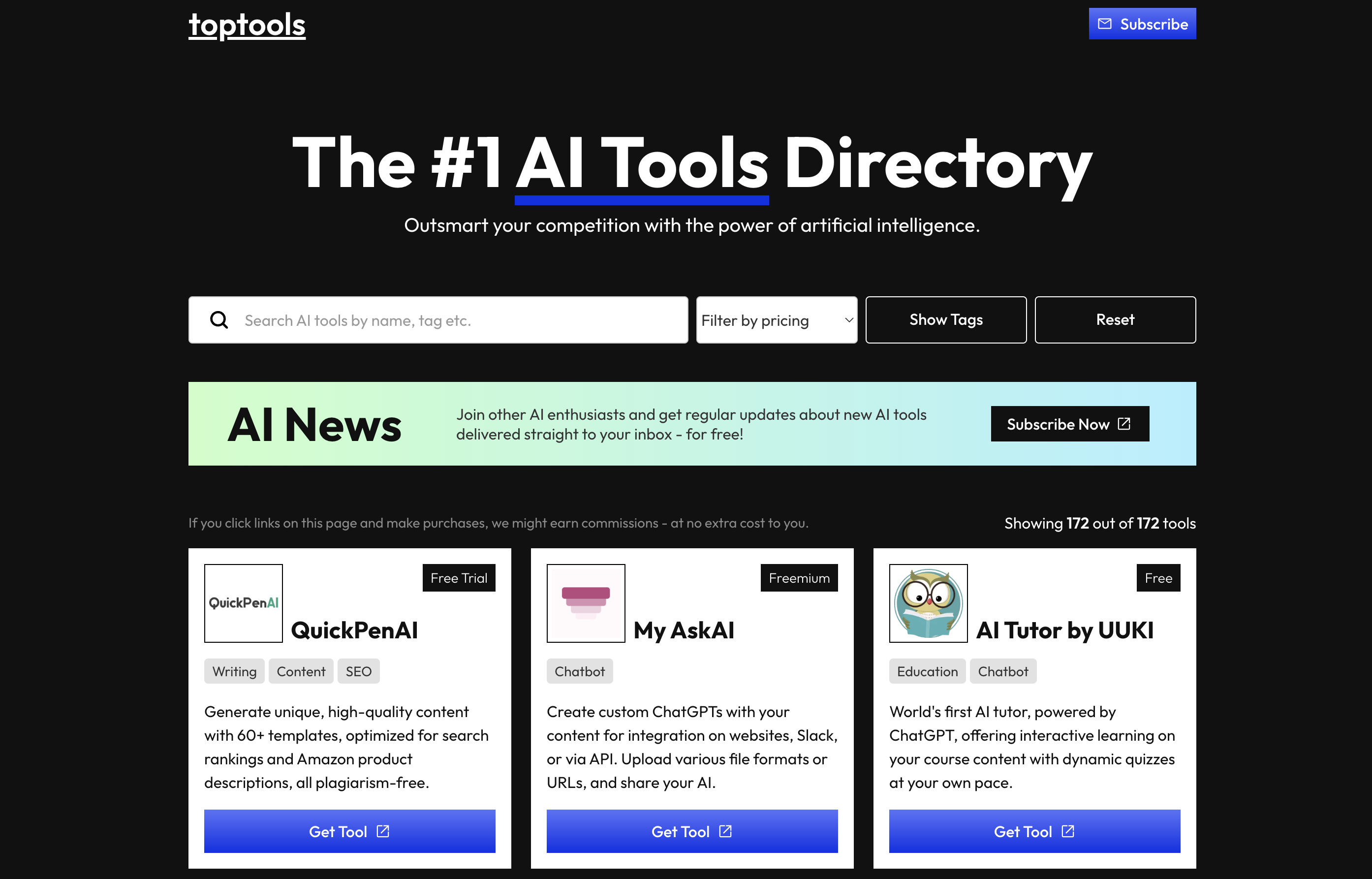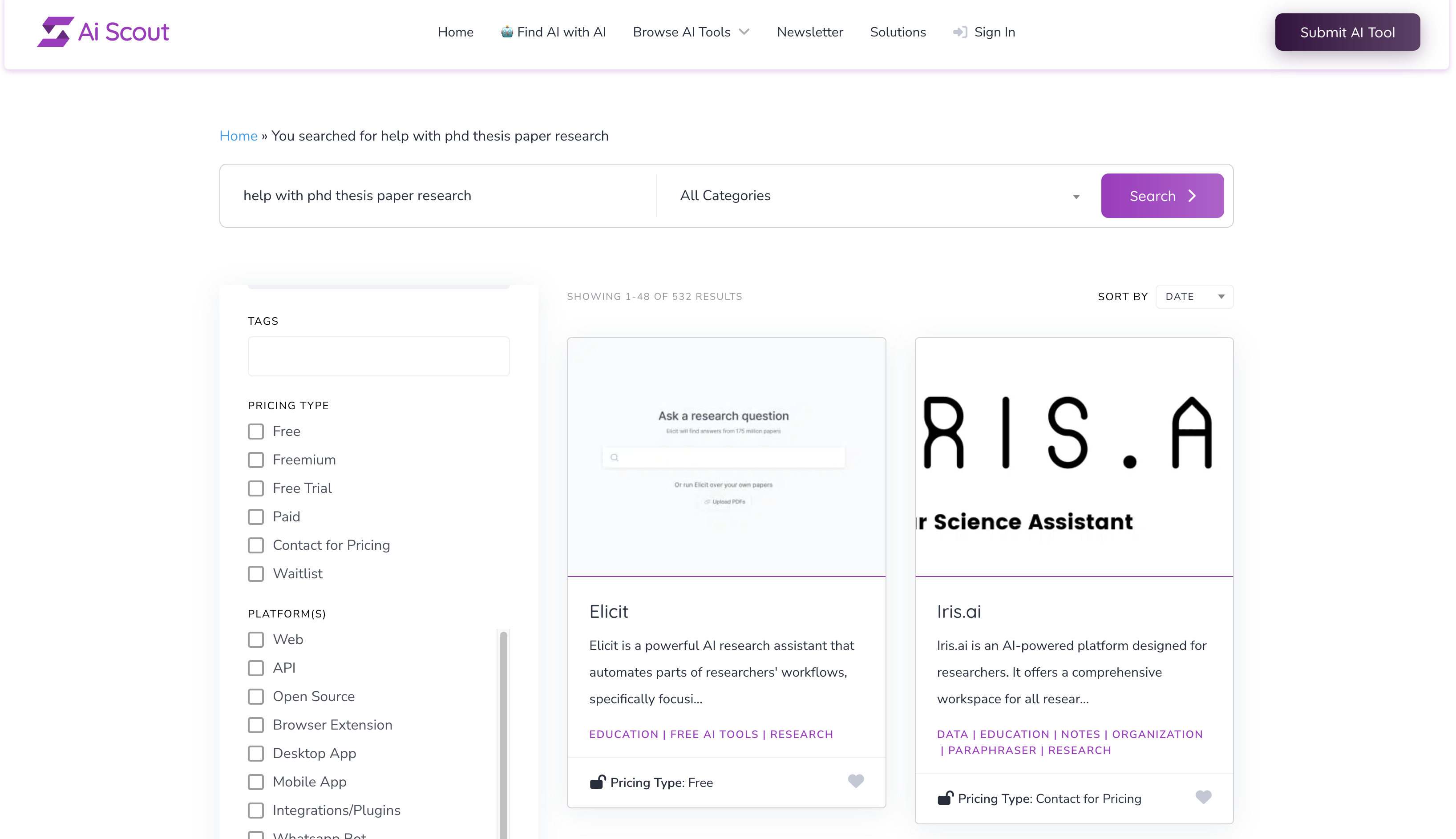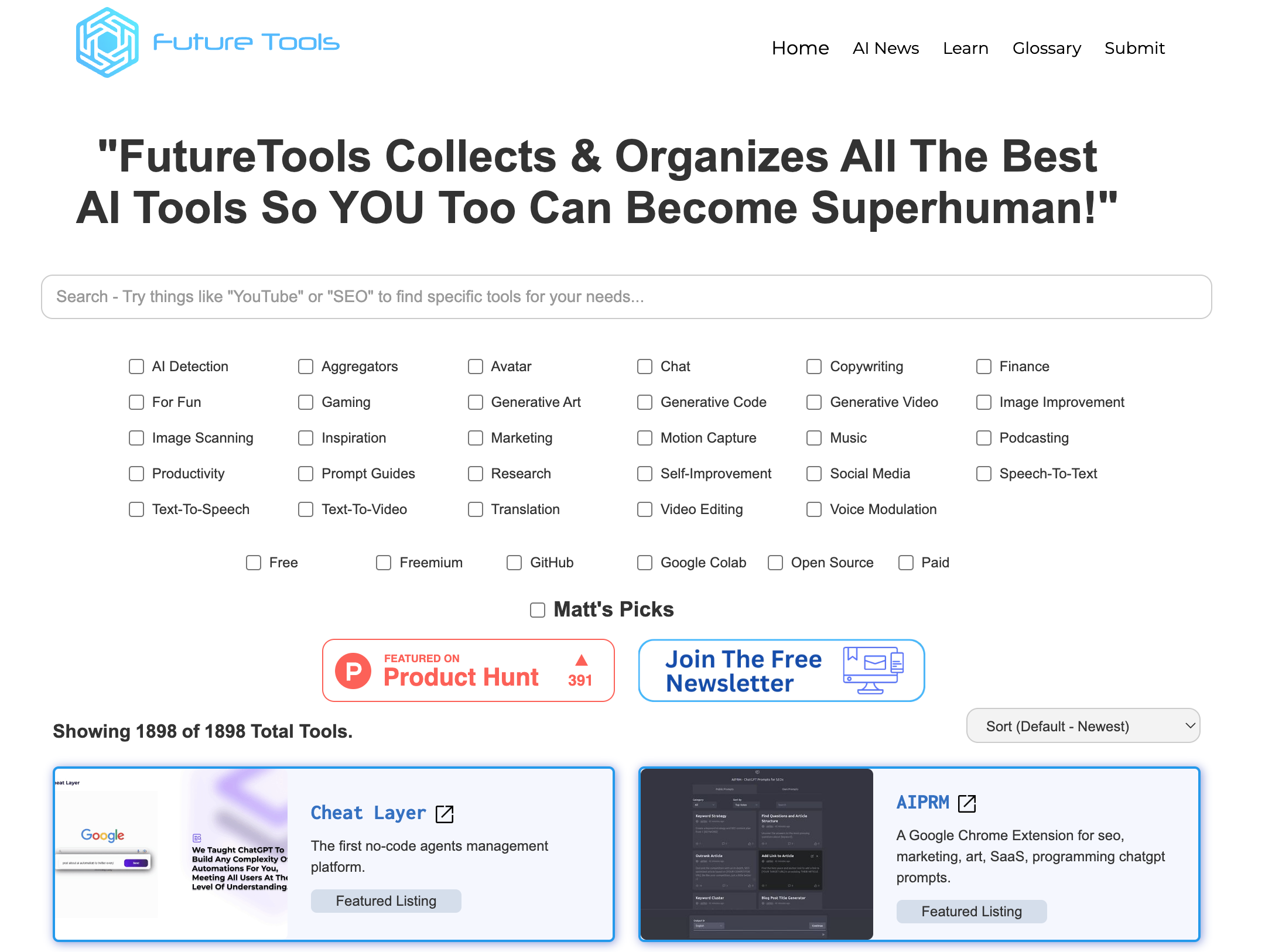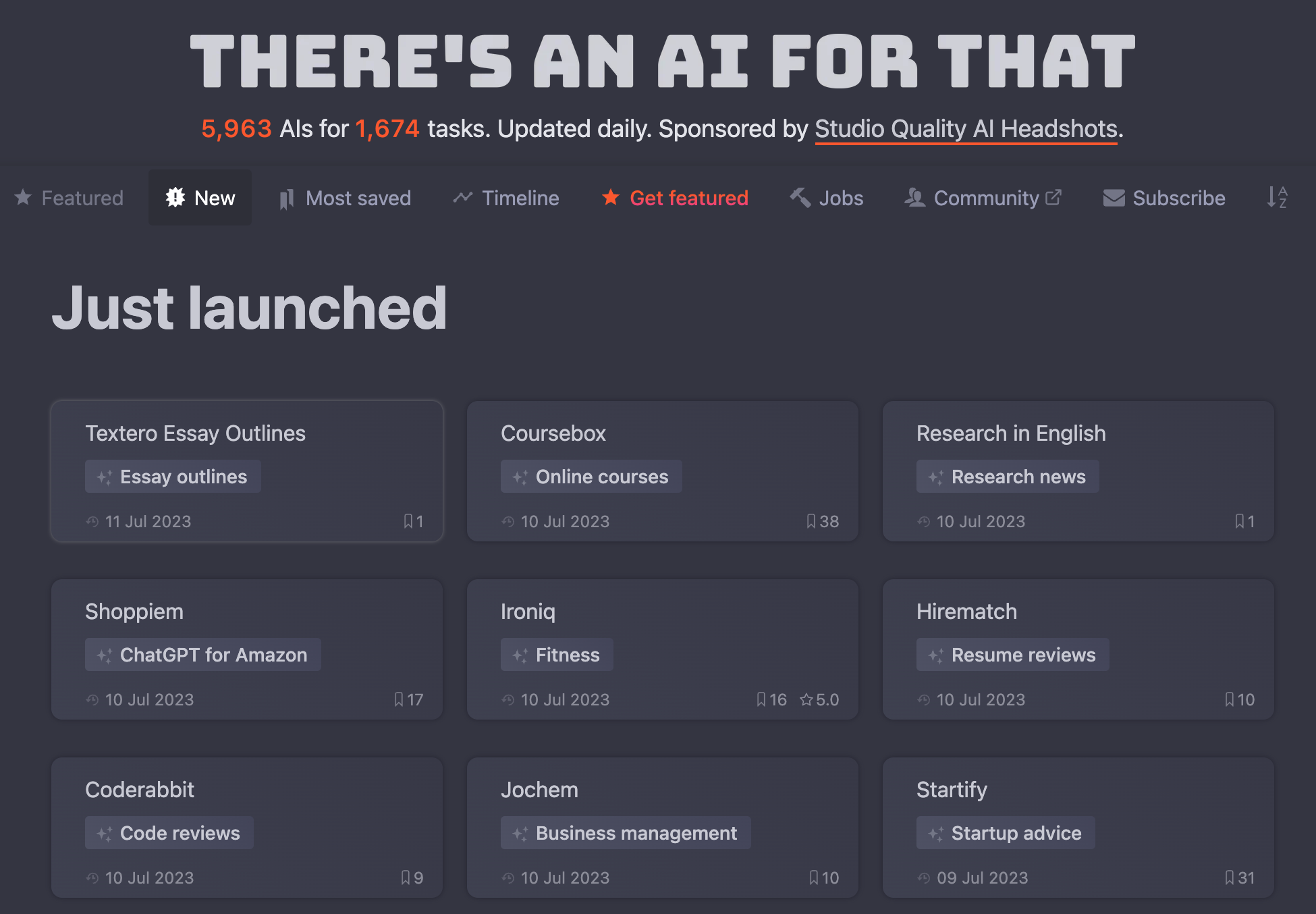
As you’re probably aware by now, Artificial Intelligence is rapidly transforming the way businesses work. But you’d be mistaken if you thought it was simply a matter of employees having ChatGPT do their work for them. For AI to be truly useful in the workplace, it needs to be customized.
General-purpose AI solutions have their merits, no doubt. But a custom AI that can be trained for specific use cases, leveraging an organization’s own knowledge base, empowers businesses to unlock the full potential of AI technology. To learn how, keep reading.
Enhanced Relevance and Usefulness
A key element of a customizable AI is its ability to be trained with an organization’s proprietary knowledge base. With access to information such as customer data, company policy, or product and service offerings, an organization can create AI models that possess a deep understanding of the business and its customers.
General-purpose AI models are designed to cater to a broad range of applications and industries, which may not align perfectly with a specific business’s requirements. Although its Natural Language Processing (NLP) abilities may be impressive, allowing for human-like interactions, the information a general-purpose AI can offer is of limited value and not always reliable.
ChatGPT is known for sometimes offering irrelevant information and even making things up, a phenomenon known as “hallucinating”. When you require an AI that provides specific, factual answers, that can be a major problem. With such a general-purpose AI, organizations have no control over that, casting doubt on any outputs it generates.
A truly customizable AI can be given a specific set of information from which to draw its responses, meaning that it won’t provide irrelevant answers. If its knowledge base consists of information specific to the organization, its answers won’t deviate from that framework and confuse customers and employees. The degree of strictness for its generative capabilities can also be adjusted, preventing “hallucinations” when you need hard facts.
What customizable AI can do
With a tool like CodyAI, it’s now possible for a business to leverage OpenAI’s LLM (Large Language Model) through multiple bots for specific functions tailored precisely for the purpose. These could include:
-
Creative AI for marketing
Utilizing generative AI to its full potential, marketers can boost their brainstorming processes for creative concepts with the help of a chatbot that “thinks” outside the box to suggest ideas that align with the brand and appeal to its target audience.
-
IT support
Troubleshooting basic IT problems is a burden on IT resources, but a chatbot trained on user manuals and technical data can take care of it, either as a customer-facing tool for technology companies or for internal company use to assist staff when they encounter a problem.
-
Customer support
A chatbot embedded on a company website trained on product and service information can answer frequently asked questions, assist with problems and even make personalized recommendations based on a user’s specific requirements or purchase history. Not only can this alleviate the burden on a call center, but it can also deliver immediate assistance around the clock, improving customer satisfaction.
-
On-boarding and training
Custom AI can assist HR by providing new staff members with all the information and documentation they need to get started, providing them with information specific to their role. And for both new and existing staff members, a customized smart chatbot can facilitate training by providing the relevant resources and information as required.
-
Automating routine tasks
There are many routine and mundane tasks that can be handled by a custom AI, such as data categorization and organization and general information management. This can be done in real-time and with far greater accuracy than through manual processes, helping to ensure compliance and allowing employees to focus on more strategic tasks.
Unlock the power of customized AI
The benefits of using AI in these ways are immediate and tangible, from freeing up resources and increasing efficiency to reducing costs and increasing revenue. Custom AI offers an organization the ability to harness its own knowledge base for better employee experiences, greater customer satisfaction and informed decision-making. And you can discover first-hand the various functions CodyAI can perform, how easily it can be trained and the value it can offer with a free trial. So, go ahead and sign up now.


